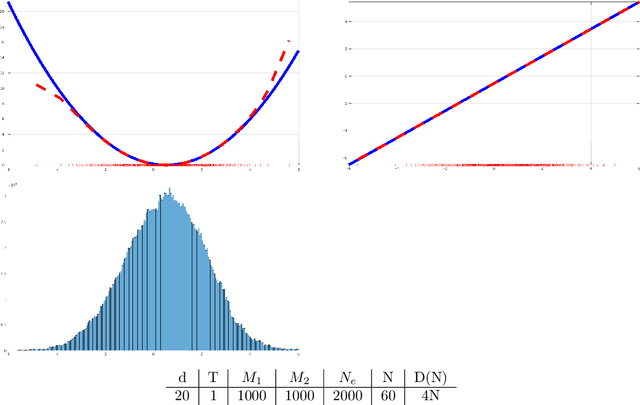Stefano Almi
Data-driven Evolutions of Critical Points
Nov 01, 2019



Abstract:In this paper we are concerned with the learnability of energies from data obtained by observing time evolutions of their critical points starting at random initial equilibria. As a byproduct of our theoretical framework we introduce the novel concept of mean-field limit of critical point evolutions and of their energy balance as a new form of transport. We formulate the energy learning as a variational problem, minimizing the discrepancy of energy competitors from fulfilling the equilibrium condition along any trajectory of critical points originated at random initial equilibria. By Gamma-convergence arguments we prove the convergence of minimal solutions obtained from finite number of observations to the exact energy in a suitable sense. The abstract framework is actually fully constructive and numerically implementable. Hence, the approximation of the energy from a finite number of observations of past evolutions allows to simulate further evolutions, which are fully data-driven. As we aim at a precise quantitative analysis, and to provide concrete examples of tractable solutions, we present analytic and numerical results on the reconstruction of an elastic energy for a one-dimensional model of thin nonlinear-elastic rod.
 Add to Chrome
Add to Chrome Add to Firefox
Add to Firefox Add to Edge
Add to Edge